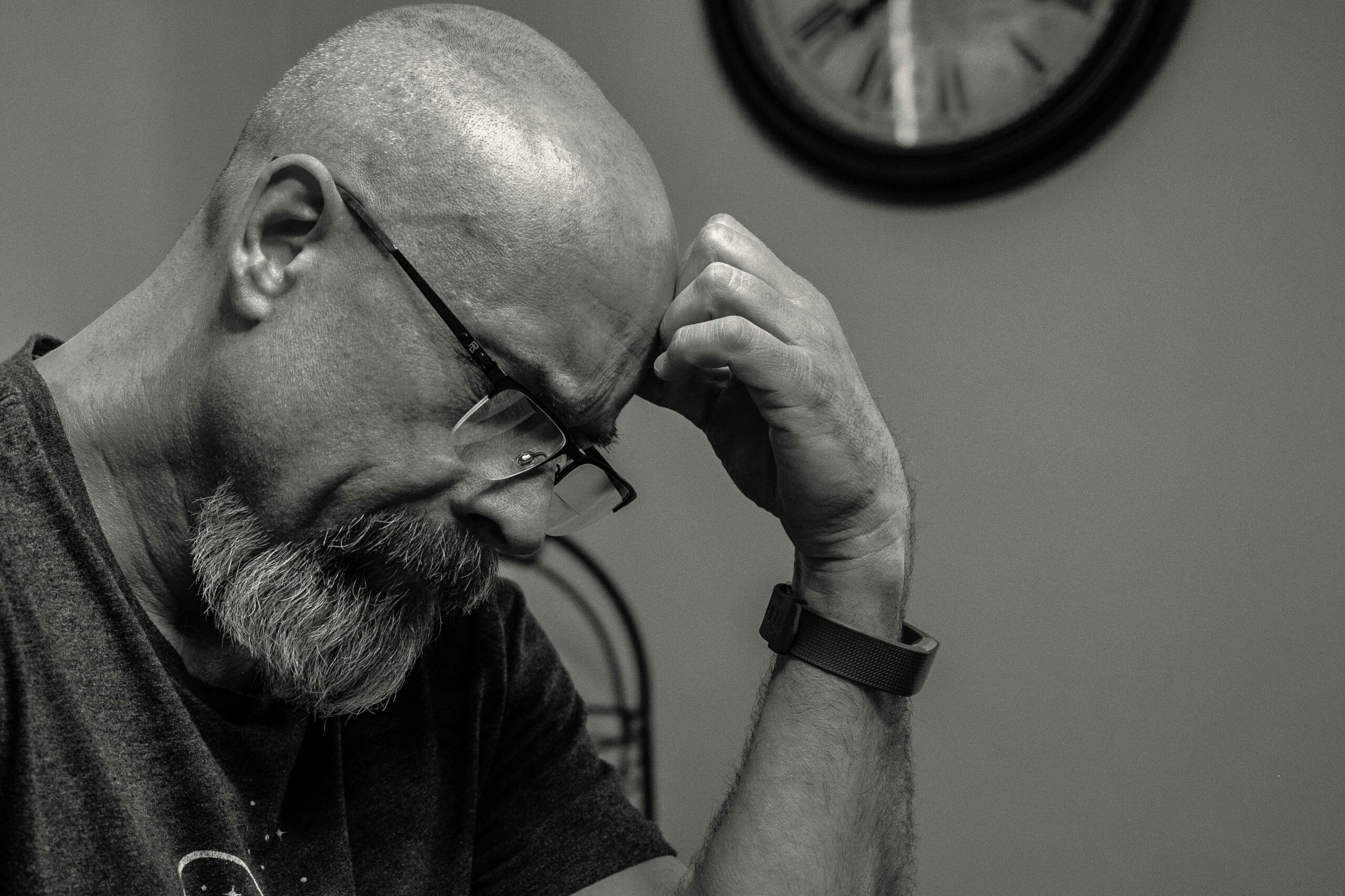
MP Dean Russell urges support for a new bill that would see mandatory workplace mental health provision become law
Could support be on its way for mandatory mental health and wellbeing provision in the workplace?
A potential game-changer for workplaces and the mental health and wellbeing sector took place in parliament last week.
I was very interested to see that a new law requiring businesses to offer mental health first aid training as mandatory was presented in the House of Commons by MP Dean Russell (pictured at top).
He presented the proposed law in a really simple and clear manner and described the reasons for it extremely well.
Mr Russell quite rightly explained that mental health training in the workplace would save lives.
“People do not always wear bandages to show where they have anxiety and depression,” he told MPs.
Help and support
“This Bill will simply mean that workers have a person to signpost them to the help and support they need, when they need it.”
It was that final line which really struck a chord with me and is the best way to look at the proposed provision.
I have seen the idea of enforced mental health first aid in the workplace face some criticism since Mr Russell’s reading with people suggesting that it would encourage people who get training into thinking they are mental health therapists.
But that is not what it is about at all or what happens on an MHFA England course. Far from it.
The MHFA (Mental Health First Aid) England approved courses that we run at Wellbeing Therapy Solutions are based on current evidence and research around education concerning what mental health is – and what mental ill health is too. It’s about being able to have the information and skills to have a conversation with a colleague who you think might be struggling with something.
First aid
In many ways, it’s like if you need some physical first aid because you have cut yourself, you need some immediate support but it doesn’t mean that you need to go to the hospital. You would benefit from prevention of making it worse and getting in early and, if your cut is not seen to, it can get infected. Mental Health First Aiders can provide that initial support to someone, before professional help is available or isn’t required.
If the suggestion becomes law (and it will take some time), it will be important for companies to choose MHFAiders who really want to do the training within any work environment.
They should be people who are approachable and people who others feel they can open up to.
It’s also important that there is some support for the Mental Health First Aiders after they have finished training too.
With the official MHFA England course, there is a lot of support afterwards from the organisation with apps, webinars and CPD sessions. Personally, I keep in contact with anyone who does one of my courses. There’s always an open door.
Recognising the signs
I know that some people have criticised MHFA for being irresponsible training, but as experienced instructors and mental health professionals, we do a lot of work about boundaries and self-care work too. We encourage everyone to support other people and we encourage conversations to make sure that people are mindful of their own wellbeing. Not only the learners (MHFAiders) on the course but the MHFA England instructors themselves.
It’s important that these discussions are happening and workplaces do need to be on board. We spend so much of our lives at work, that’s where people might notice a problem. If you don’t know what the signs are, it’s hard to recognise.
I recently read a story shared by a lady on LinkedIn when she listed the things that had happened to her while she was going through a divorce – and nobody at work noticed.
Perhaps if her colleagues had had MHFA training, they may have been able to spot what she was going through, which were experiences that actually led to her making an unsuccessful attempt on her life.
We do know that the earlier any signs are spotted, recovery is so much better for people. So, if others around you notice that you might not quite be yourself, and have the skills to support you, in some cases, they can save lives.
Mental health and wellbeing strategy
It’s important that it is supported in Parliament now after Mr Russell’s initial reading and that any workplaces that do buy into it, can’t let it just be a ‘tick-box’ exercise.
It cannot be effective like that as it becomes meaningless training that won’t be used to good effect.
The Government needs to have a strategy and then the workplaces who get involved need to have their own Mental Health and Wellbeing strategy too. One that doesn’t just encompass mental health and first aid. People need to think of the bigger picture and have a range of initiatives to create a positive and mentally healthy workplace culture.
There has to be an authenticity and a genuineness about it and so it’s great that this debate is being discussed at the highest levels out in the open.
If you would like any further information about MHFA, please get in touch with kate@wellbeingtherapysolutions.co.uk.
READ MORE: Find out more about workplace wellbeing services
READ MORE: One millions children in the UK are in need of serious mental health support
WATCH: How Wellbeing Therapy Solutions wellbeing support packages have helped this firm…










